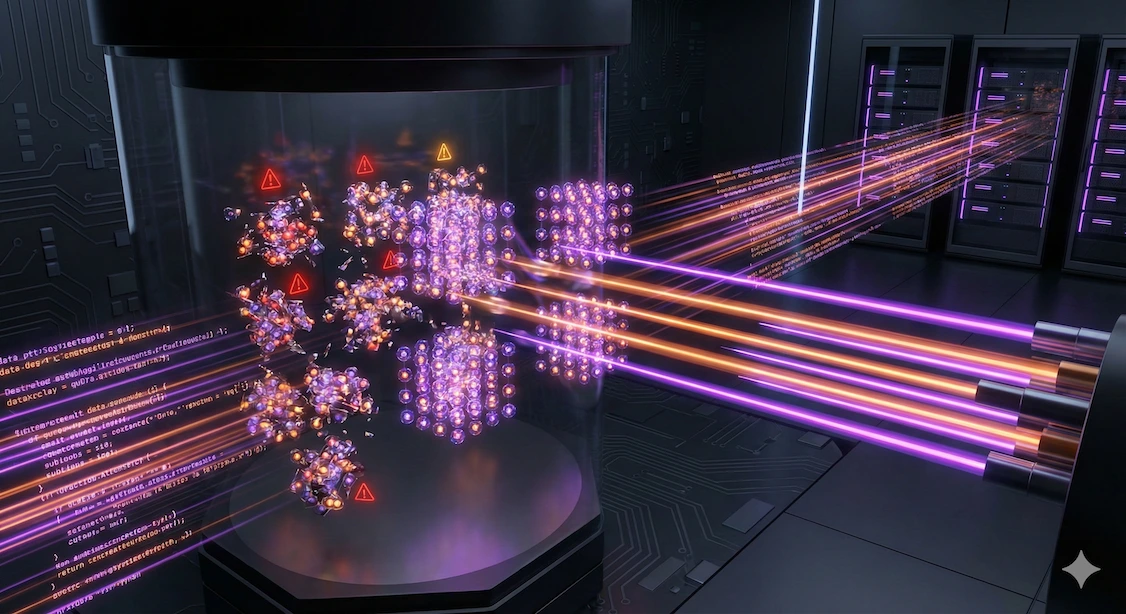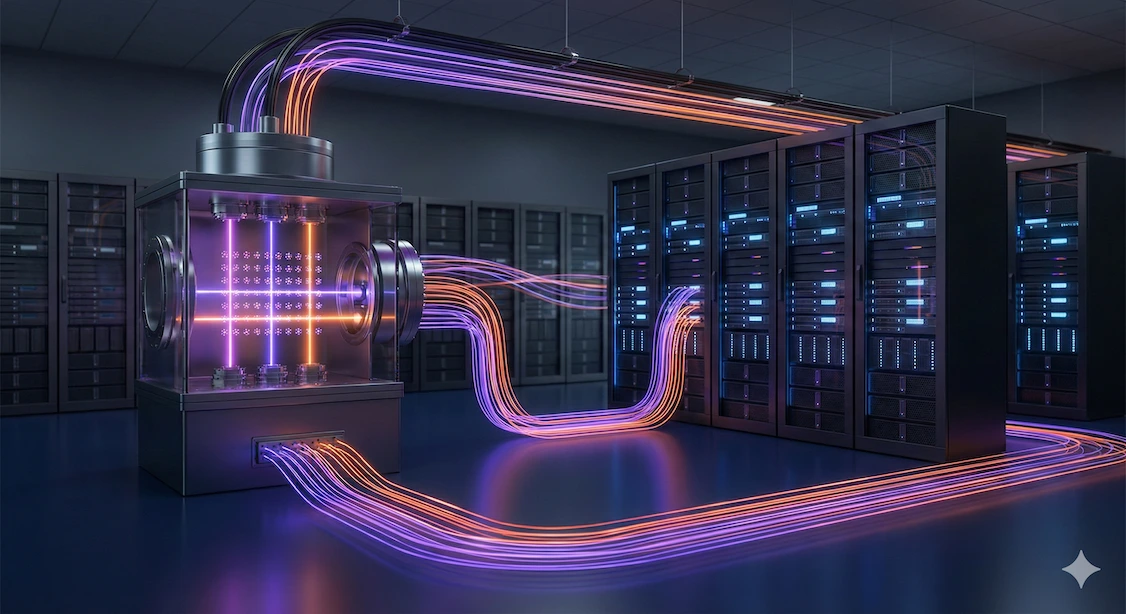The recent panel discussion regarding the collaboration between industry and academia offered a deep dive into the potential and progress of quantum computing, specifically focusing on Fault-Tolerant Quantum Computing (FTQC). Key figures from academia and industry gathered to discuss advancements, challenges, and the future landscape of this revolutionary field.
Key Participants
Professor Todor from the University of Tokyo shared his journey from statistical physics to quantum computing, focusing on quantum error correction and circuit optimization.
Cui Gao of Mitsubishi Chemical discussed the company's involvement in quantum projects since 2018, collaborating with academia and industry leaders like IBM and Fujitsu.
Mr. Matsushita, CEO of QNX, explained their dedication to developing FTQC algorithms, aiming for breakthroughs in material calculations.
Takuya Kitagawa from QuEra, highlighted their work on quantum computers using cold atoms, signaling a significant leap towards FTQC.
The Importance of FTQC
The session began with an acknowledgment of the day’s fatigue but promised the most exciting insights yet. The panel emphasized the significance of FTQC, highlighting its role in error correction, a critical aspect of advancing quantum computing.
The panelists underscored the importance of collaboration across sectors. With diverse backgrounds in academia, industry, and consulting, the participants emphasized how different perspectives enhance the development of FTQC.
{{Newsletter-signup}}
Industry and Academia
Mitsubishi Chemical’s approach is to integrating quantum computing into material informatics, they aim to revolutionize chemical reactions and materiald evelopment.
Meanwhile, QNX’s Vision is focusing on FTQC from inception. QNX is poised to accelerate material calculations exponentially, paving the way for practical quantum applications.
QuEra’s development of quantum computers marks a pivotal moment in creating scalable, fault-tolerant systems.
Error Correction and Sustainability
Professor Todor elaborated on the role of FTQC in making AI sustainable. Current AI models consume vast computational resources, and integrating quantum computing could drastically reduce this footprint. Quantum error correction is vital for controlling quantum information, thus enabling more efficient computations.
Real-World Applications
Material Science: FTQC could revolutionize electronic state calculations and new material development. The potential to discover sustainable materials is asignificant motivator for industries.
Generative AI: Quantum computing addresses memory issues in generative AI, enabling thecreation of more complex and detailed models.
Panelists stressed the importance of timely action. Takuya highlighted the need for early engagement in quantum computing to avoid future resource constraints. The exponential growth in quantum computing users necessitates immediate investment in research and development.
Looking Ahead
The discussion concluded with a call to action for stronger industry-academia partnerships. Collaborative efforts are essential to bridge the gap between current capabilities and future needs. The establishment of consortia could facilitate resource sharing and accelerate innovation.
As quantum computing evolves, staying ahead requires proactive strategies. Engaging in joint research and development now will ensure that industries remain competitive and can capitalize on the advantages of FTQC when it becomes mainstream.
The panel highlighted the transformative potential of FTQC in various sectors. From sustainable AI to groundbreaking material science, the future of quantum computing is promising. However, realizing this potential requires immediate action, collaboration, and strategic investment. The journey towards a fault-tolerant quantum computing era is filled with challenges, but with a united effort, the possibilities are exciting.




.webp)




